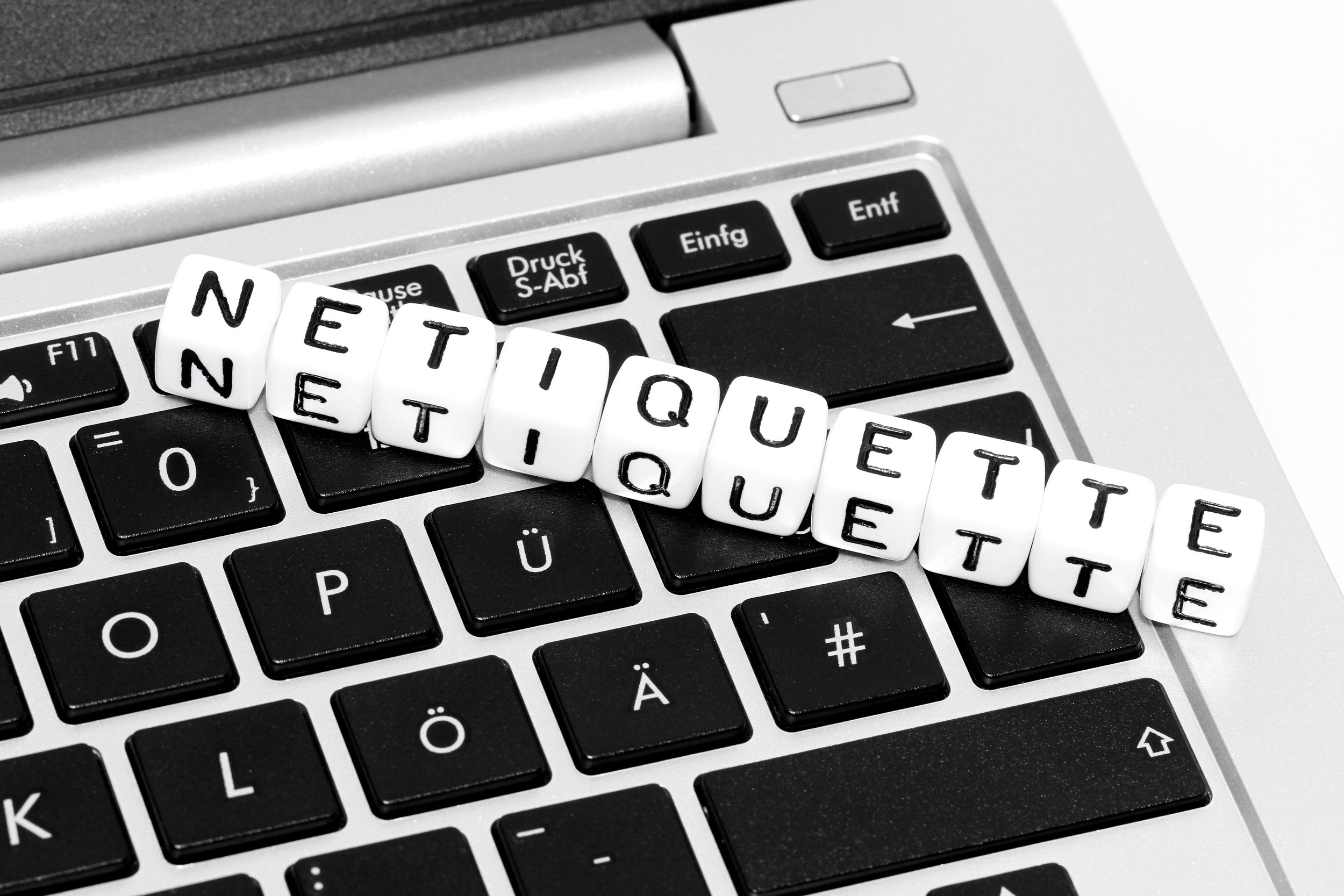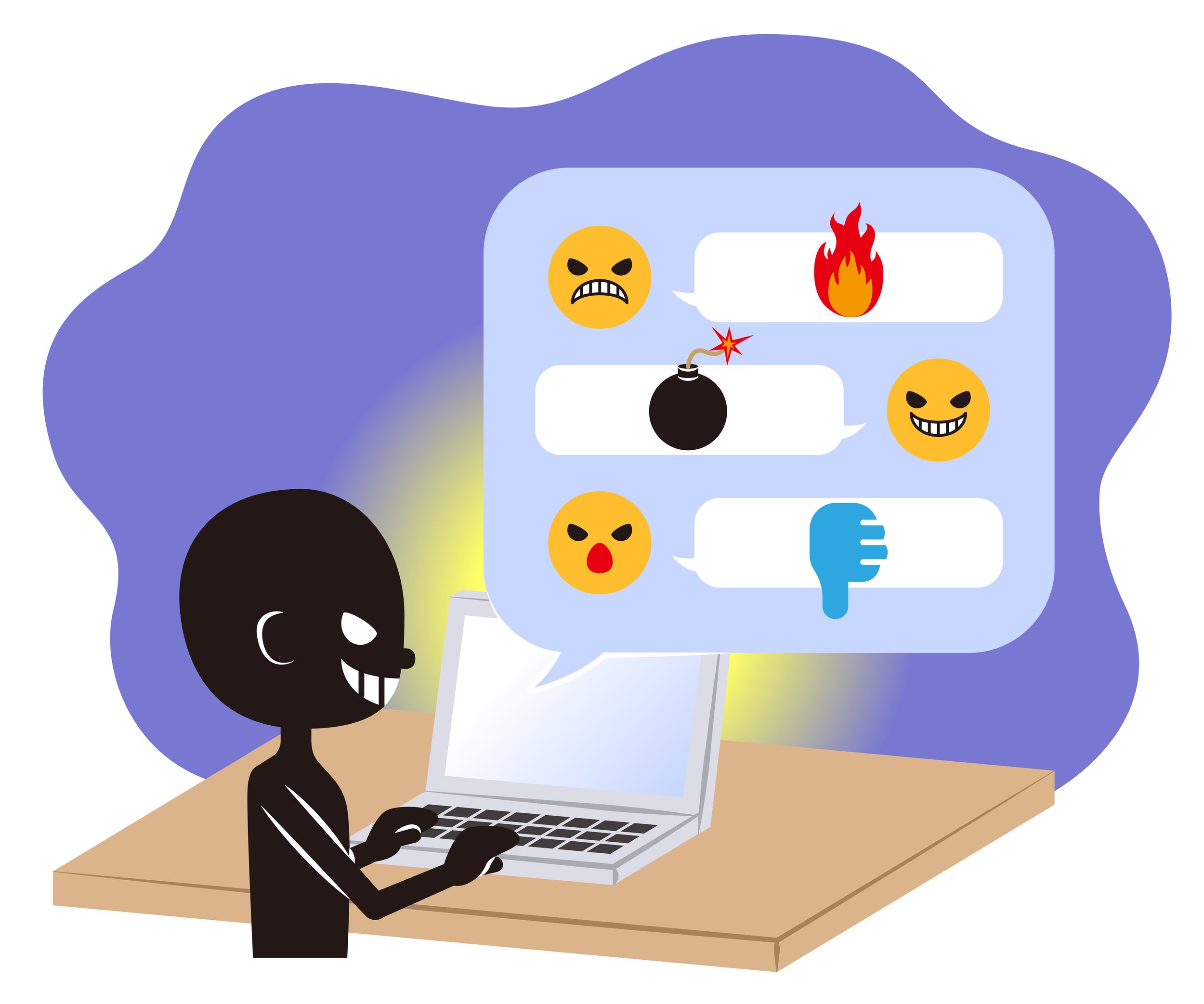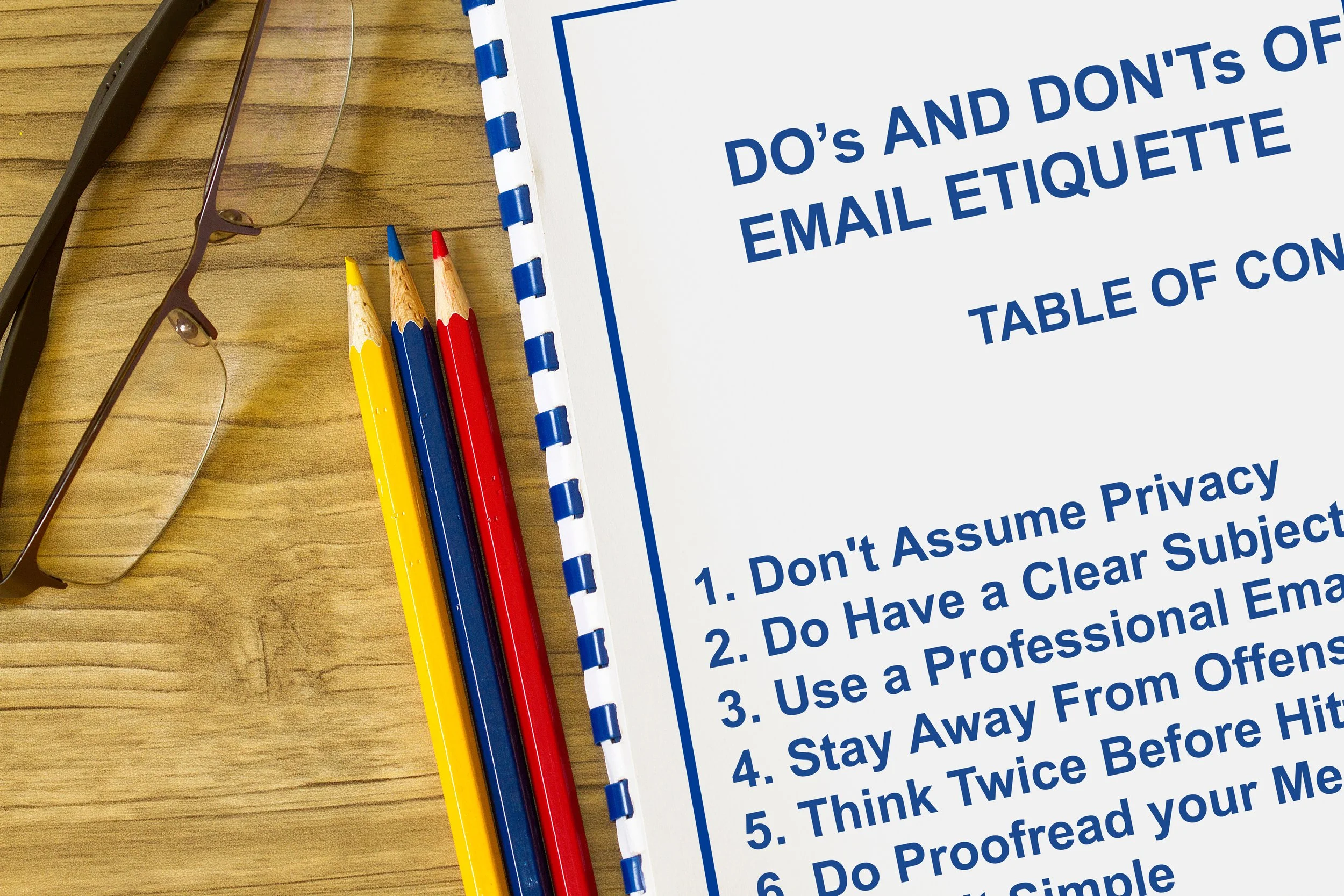My Two Cents: Understanding Netiquette: A Crucial Aspect Of Professional Conduct Online For Lawyers.
/Netiquette is a combination of "internet" and "etiquette."
Note: This post started as a "Word of the Week" entry but as I was writing I determined it was best suited for an editorial.
Understanding "netiquette" is a vital component of maintaining professional conduct online for lawyers. Netiquette is a combination of "internet" and "etiquette." It refers to the rules and guidelines for appropriate behavior in online communication. Lawyers must be aware of these principles to avoid misunderstandings, maintain credibility, and foster positive relationships with clients, colleagues, and the public. Importantly, it will help keep your state bar from scrutinizing your work. Demonstrating respect, using proper language, and avoiding offensive or inflammatory remarks are fundamental aspects of practicing netiquette in the legal profession. The most apparent online conduct for lawyers is e-mail.
Don’t be a jerk online!
E-mail Etiquette 101 for lawyers emphasizes the importance of clear and concise subject lines, professional greetings and signoffs, and a respectful tone. Lawyers should ensure that their e-mails are free from grammatical errors and typos. It is important to maintain a formal manner, addressing recipients appropriately and using proper salutations. By adhering to these guidelines, lawyers can effectively convey their message while upholding the highest standards of professionalism. You may not want to send an immediate e-mail in response to a client or opposing counsel that has put you in a foul mood. It will likely be best to draft out your frustrations and come back to it a little later to tone it down - calmer heads will prevail! 🤗 But remember, "netiquette" does not just start and stop with e-mail.
Online chat groups, instant messages, and "Twitter"-like platforms are all-to-often in the public realm. Opposing parties, potential clients, judges, and your state bar association can all see what you posted. This exposure can lead to potential bar complaints, perhaps under Model Rule 8.4(g). Even online private groups can be made public - a group member who shares it with the public or a breach in a group's security can expose your unprofessional moments to the world! Once your posting or e-mail is on the internet, you run the risk of everyone seeing it. So, try to be measured in your responses, and always assume that anything you say online may be viewed by those outside your intended audience.
Furthermore, lawyers must be cautious about using personal social media platforms, as expressing personal opinions or engaging in informal discussions may blur the lines between professional and personal life. It is important to maintain a clear boundary to ensure that professional integrity is not compromised. This includes being mindful of what is shared, liked, or commented on. Even retweets or shares may be perceived as an endorsement of a particular view, potentially affecting a lawyer's reputation or impartiality.
Use some common sense when you are writing online least you draw attention from your bar! 🙄
Additionally, lawyers must adhere to ethical considerations specific to the legal profession. This includes respecting attorney-client privilege, being aware of advertising rules, and avoiding making public statements that could be construed as legal advice. Check with your state bar association or the American Bar Association for guidance on navigating the complexities of online interaction.
Understanding and practicing netiquette is essential for lawyers in the age of digital communication. Whether crafting a well-composed e-mail, participating in online forums, or engaging on social media platforms, lawyers must approach online interactions with caution and integrity. Adhering to the principles of netiquette helps preserve the dignity and credibility of the legal profession, fostering trust and respect among clients, colleagues, and the broader community. By recognizing that online conduct is an extension of professional conduct, lawyers can contribute positively to the digital landscape while maintaining the highest ethical standards.
In other words, let's be careful out there - what we say online could come back to bite us!
MTC












